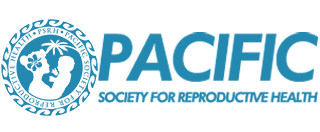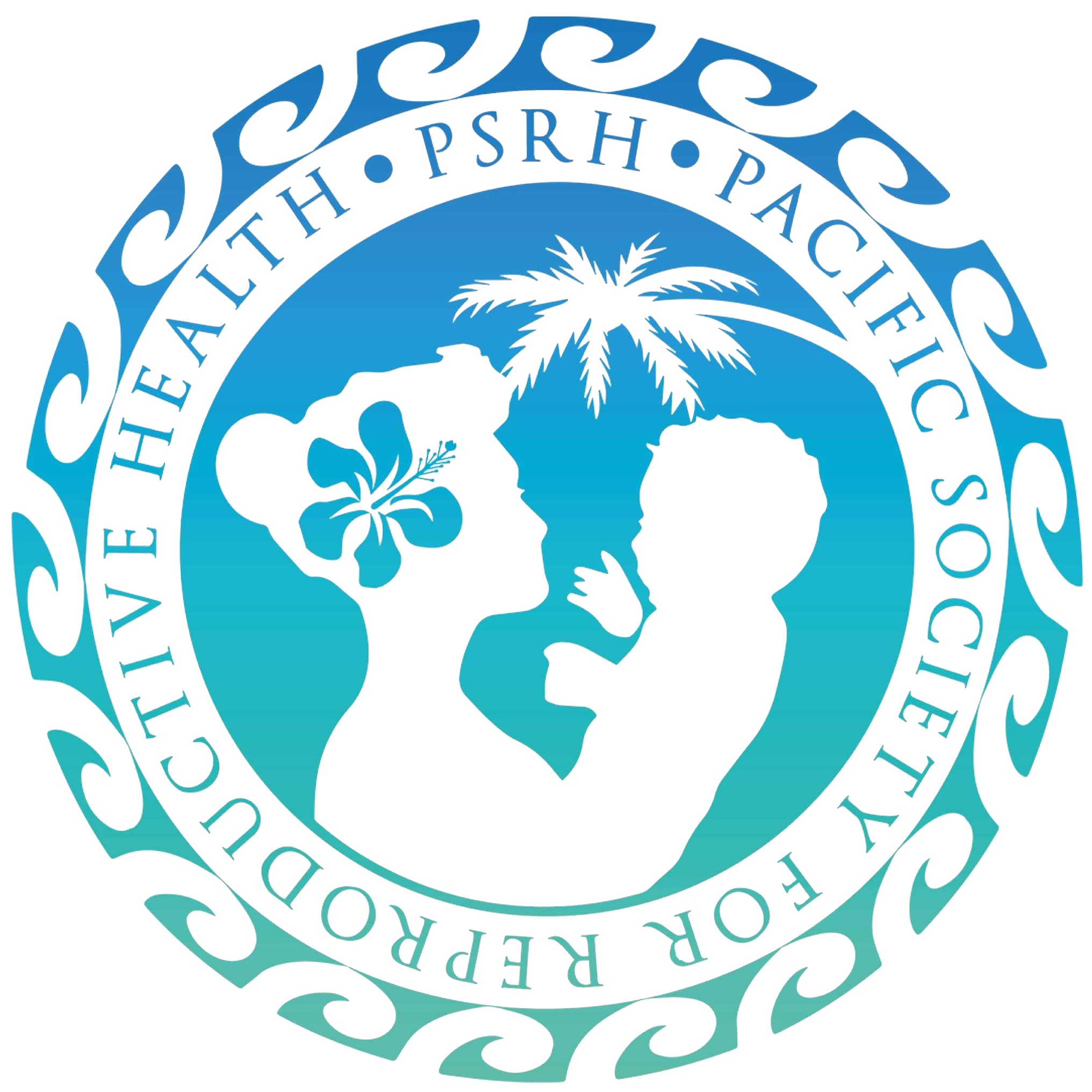by Christine Jackson, Midwifery Technical Advisor
The first ever Graduate Diploma students of Midwifery in Vanuatu completed the studies in June 2017. This has been a great achievement for the government in training their own midwives and taking ownership in future capacity building in maternal and newborn health. Fifteen trained midwives are now deployed and working in rural hospitals and health facilities.
The 15 students were selected from all provinces in Vanuatu, many in remote rural settings. Therefore the students have already been exposed to the challenges of maternal and newborn care, and have dealt with many maternal complications while working in rural health facilities. It has been a rewarding experience for tutors and facilitators to build capacity on experienced health workers. Ms Christine Jackson (NZ) played a major role in supporting the local team in steering the course and providing technical guidance and assistance to achieve this level of qualification.
The application of midwifery skills and knowledge in Primary Health care is pivotal to improving community health, especially maternal and newborn care. Midwifery functions as a key component of the health system and facilitates improved basic care when well integrated in primary healthcare settings. The health of a community is profoundly dependent on the health of the mother and her family. To ensure informed healthy reproductive choices birth spacing is essential. Access to quality, and appropriate antenatal care and removing the “three delays” for seeking safe delivery, ensures quality care in pregnancy and delivery.
Six months following the graduation of the first batch of midwifery students, a second cohort of 15 students were recruited to take the same Graduate Diploma of Midwifery. This is in line with national plans of government to train enough midwives so that every health centre has a trained midwife and therefore the capacity to provide quality maternal and newborn care at primary level.
The 15 midwifery students have just completed a two-week course on Pacific Maternal & Neonatal Emergency Training. PEMNeT (including Early Essential newborn care, EENC) with funds from Australian government sourced to the Ministry of Health and administered by Vanuatu College of Nursing Education (VCNE). The course aims to upskill midwifery students in emergency obstetric and neonatal care, a core component of their formal 18month training programme. The workshops allowed the students to interact with other primary health providers so that they learn team work with other categories of health professionals and maximize joint efforts in addressing maternal and newborn health. The ultimate result is to have competent graduate midwives who can provide quality reproductive and maternal-newborn services throughout the six provinces of Vanuatu.

Three male midwifery students come from remote rural areas who have a combined nursing experience for over twenty years. Using acquired critical knowledge they will play an important role in the necessary changes required to improve maternal and newborn outcomes, by implementing safe, respectful and expert midwifery care. These 3 men along with other male midwives will be pivotal in changing the attitudes in a male dominated society, to ensure all women have access to maternal reproductive health.
The midwifery students are exposed to both clinical and managerial topics that highlight the importance of the midwife who contributes to reviewing and the development of health policies at local and national levels. On completion of the Graduate Diploma the students will return to their provinces and take up multi-skill midwifery role in health centres and hospitals.




